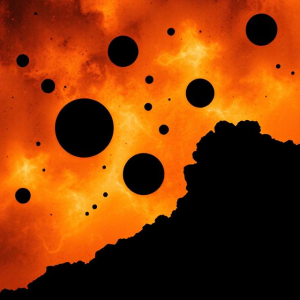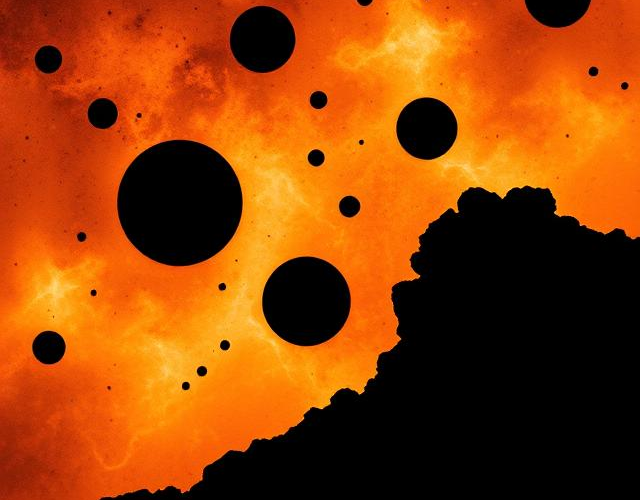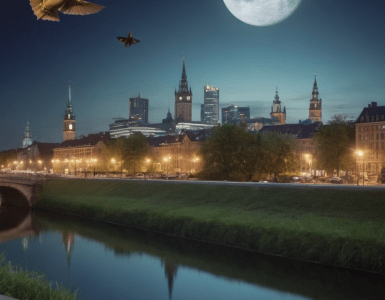Vous vous demandez peut-être comment nous pouvons savoir que les trous noirs existent si nous ne pouvons pas les voir ? C'est une question de gravité. Les scientifiques observent les effets des trous noirs sur les étoiles et les gaz environnants. S'ils repèrent des étoiles en orbite autour de quelque chose d'invisible à des vitesses folles, c'est un indice assez solide qu'un trou noir se cache à proximité. C'est comme si vous voyiez la chambre de votre colocataire perpétuellement en désordre - vous ne pouvez pas voir la tornade, mais les conséquences sont partout autour de vous.
La formation des trous noirs
Les trous noirs commencent leur voyage en tant qu'étoiles massives, ces géants ardents qui brillent si fort. Lorsqu'une telle étoile épuise son combustible nucléaire, elle ne peut plus résister à l'attraction implacable de sa propre gravité. Imaginez un ballon dégonflé - autrefois plein d'air, il s'est effondré sur lui-même. L'étoile implose, et cet effondrement violent conduit à l'explosion d'une supernova. C'est comme un feu d'artifice, mais à l'envers ! Au lieu de lumières éblouissantes, elle laisse derrière elle une étoile à neutrons ou, si l'étoile d'origine est suffisamment massive, un trou noir.

Lorsque le cœur de l'étoile s'effondre, il se comprime en une zone de densité infinie appelée singularité. Autour de cette singularité se trouve l'horizon des événements. Imaginez qu'il s'agit d'une rue à sens unique où tout ce qui la traverse est condamné à disparaître à jamais, avalé par le trou noir. C'est un concept à la fois fascinant et effrayant : une fois qu'on y est entré, il n'y a plus de retour possible !
Effets des trous noirs sur l'espace
Parlons de l'horizon des événements, le point de non-retour. Une fois franchi, il n'y a plus d'échappatoire. C'est comme si vous montiez sur des montagnes russes cosmiques avec un billet à sens unique. L'étrange phénomène de dilatation du temps intervient également à proximité d'un trou noir. Si vous vous trouvez à proximité d'un trou noir, vous risquez de vieillir différemment de vos amis qui se trouvent à des années-lumière de là. C'est comme si vous vous regardiez dans un miroir qui reflète le temps lui-même - fascinant, non ?
Les trous noirs façonnent également le tissu même de l'espace qui les entoure. Ils créent des ondulations dans le cosmos, modifiant les trajectoires des étoiles et de la poussière. Avez-vous déjà vu un tourbillon dans l'eau ? Imaginez comment il attire vers lui tout ce qui se trouve à proximité : c'est l'influence d'un trou noir, qui déforme l'espace et fait danser l'univers au rythme de sa gravitation.
























Ajouter un commentaire